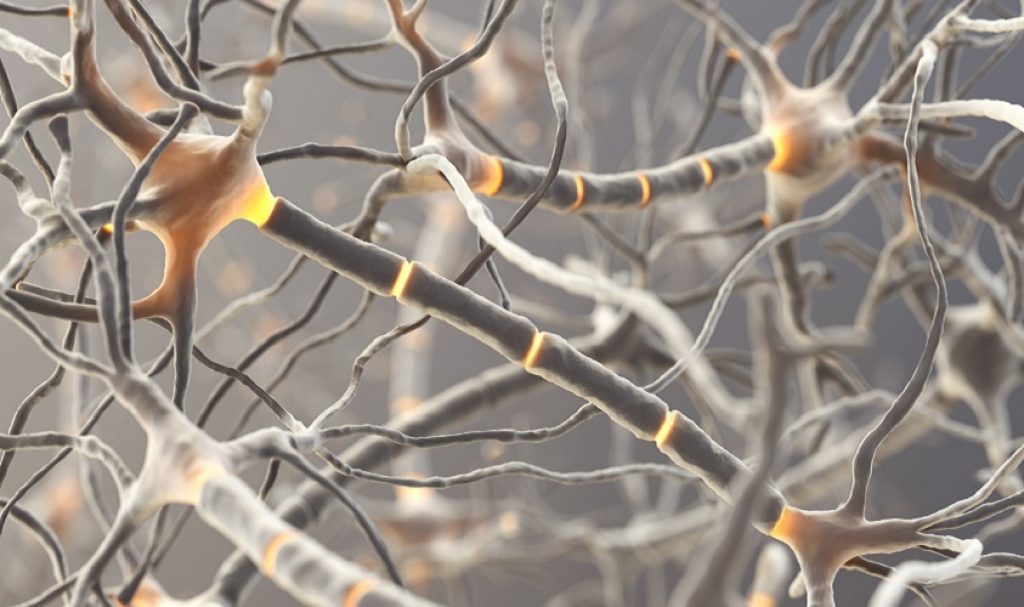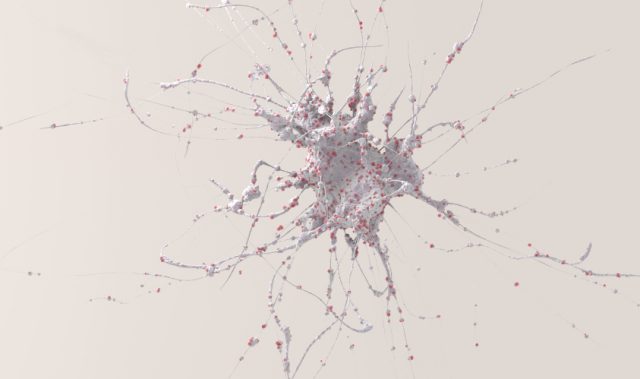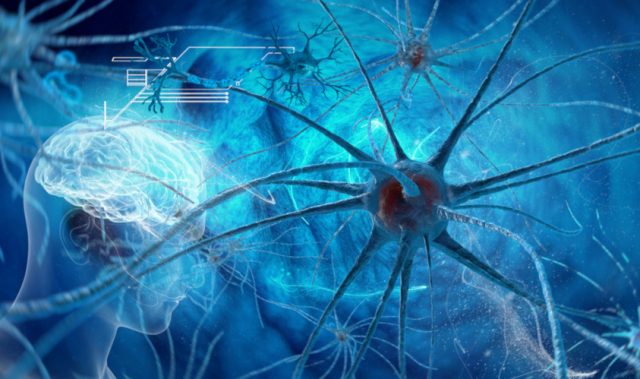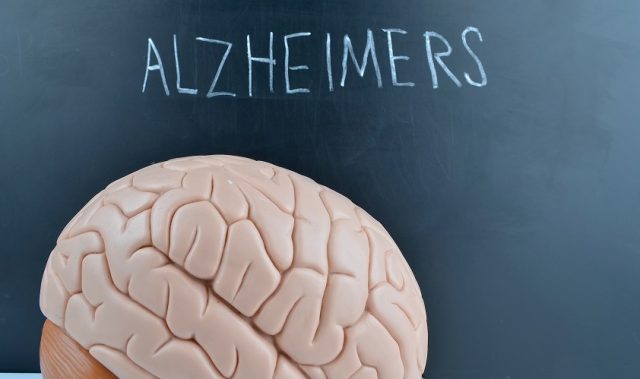
AsianScientist (Aug. 21, 2017) – In a study published in Cell Reports, researchers have identified how the accumulation of toxic polyglutamine proteins leads to degenerative brain disease. Their results are expected to accelerate the development of the early treatments for degenerative brain diseases including dementia, Parkinson’s disease and Lou Gehrig’s disease.
The advancement of medical technology has increased the elderly population. In Korea, one in ten elderly people aged 65 or older suffers from dementia. Unfortunately, patients who seek medical help after realizing that they have degenerative brain diseases are likely to already have damaged brain cells, making it difficult to expect an effective recovery. Therefore, it is essential to understand how degenerative brain diseases in the early stage.
A research team led by Professor Lee Sung-bae from the Daegu Gyeongbuk Institute of Science and Technology and Professor Hwang Daehee Hwang from the Institute for Basic Science has shown that cellular organelles called the Golgi play a key role in the early neuropathy of degenerative brain disease.
In a model of degenerative brain diseases caused by the accumulation of toxic polyglutamine protein, the researchers identified that deformation or abnormality of dendritic-specific Golgi is the major cause of degenerative brain disease as it leads morphological transformation of neuronal cells.
In these morphologically-modified brain cells, the early neuropathy of diseased brain cells can be reversed by inducing overexpression of the CrebA gene, the newly discovered key factor in pathology. In addition, by identifying the transcription factors involved in the early neuropathy caused by toxic proteins such as CrebA and high-level factor CBP, the researchers have suggested that they could be new subjects to develop therapeutic agents for degenerative brain diseases.
“The key of this study is that we have verified that dendrite-specific Golgi of brain cells plays a core role in the early neuropathy of degenerative brain disease,” Lee said. “By addressing the early stages of the disease, we expect to accelerate the development of therapeutic drugs that can effectively treat degenerative brain diseases.”
The article can be found at: Chung et al. (2017) Golgi Outpost Synthesis Impaired by Toxic Polyglutamine Proteins Contributes to Dendritic Pathology in Neurons.
———
Source: Daegu Gyeongbuk Institute of Science and Technology; Photo: Shutterstock.
Disclaimer: This article does not necessarily reflect the views of AsianScientist or its staff.












